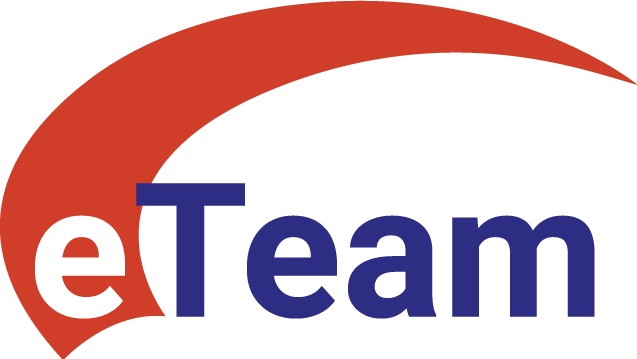- Certified Diversity and Security Cleared Organization | GDPR Compliant
How AI is Driving Process Consistency in the Staffing Industry
Last updated on December 5th, 2018 at 01:45 pm
The Expanding Role of AI in Contingent Workforce Management
Process consistency is the difference between failure and success in the staffing industry. Following set procedures and methods ensures that every contingent worker is evaluated, selected and oriented using the same criteria required by the company and its clients.
However, confirming that your staff follows through with time proven and repeatable hiring procedures and messaging over the course of a contingent worker’s engagement can be challenging, given the increasing number of wage and hour laws and client policies that need to be communicated and adhered to.
Enter AI and process automation. Artificial Intelligence is making it easier than ever to monitor your employees’ activities, achieve consistency with onboarding and off-boarding processes, and improve service delivery and performance.
It may sound futuristic, but this type of technology is already being used in call centers, not as a substitute for human interaction, but to aid, augment and enhance the customer service process, ensuring compliance with company best practices. Best of all, implementing AI allows staffing companies to know when they are doing things right and to make corrections when they are not.
Intrigued? Here’s a look at how the adoption of AI-supported process compliance drives strategic benefits for MSP program managers and hiring managers – and contingent workers, too.
Human Error Prevention
Many staffing firms create scripts and checklists to make sure that conversations with candidates confirm their skills and related experience while generating interest in opportunities at client companies.
During orientation, it’s imperative that contractors learn about referral bonuses, paid sick leave and ACA, and that the information they receive is crystal clear and accurate based on the location of the assignment, client service requests and employment enrollment documents.
With so much information to capture and confirm and details to be covered, artificial intelligence is most valuable in preventing or reducing human-errors.
In conclusion, AI doesn’t eliminate the need for human contact. If anything, AI is making communications more effective, timely and convenient. However, AI technologies are ensuring the consistent execution of vital processes and transforming the way that staffing firms achieve compliance with increasingly complex tasks and regulations, which benefits everyone.

